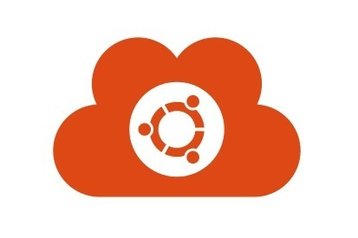Software giant Canonical and chip designer ARM have extended their partnership to enable more products to run on ARM-based infrastructure.
Canonical had previously offered a version of Ubuntu for 64-bit ARMv8-A architecture, and has now added Ubuntu OpenStack cloud platform and Ceph storage framework to the list.
The new products are available immediately, and support is automatically included with all existing Ubuntu Advantage subscriptions.
“The commercial availability of Ubuntu OpenStack and Ceph is another milestone that demonstrates open source software on ARM is ready for deployment now. The ARM and Canonical ecosystems can now simply write once and deploy anywhere on ARM-based servers,” said Lakshmi Mandyam, senior marketing director of server programs at ARM.
Prepared for the future
Canonical and ARM have been operating in partnership since the release of Ubuntu 12.04 LTS (Precise Pangolin) in 2012. Now, they have extended the deal to include Canonical’s distribution of OpenStack and related tools. These versions are primarily aimed at the enterprise and telecommunications markets.
“We have seen our telecom and enterprise customers start to radically depart from traditional server design to innovative platform architectures for scale-out compute and storage,” said Mark Baker, product manager for OpenStack at Canonical.
“The next generation of scale-out applications are causing our customers to completely revisit compute and storage architectures with a focus on scale and automation. The ARM and Canonical ecosystems offer more choice in data center solutions with a range of products that can be optimized to run standard server software and the next generation of applications.”
As part of the partnership, ARM and Canonical will actively work with Ubuntu-certified chipmakers, ODMs and OEMs to ensure production grade server systems, storage platforms, and networking solutions are available in the market with Ubuntu Advantage support.
Server chips that have already been tested with Ubuntu OpenStack include Applied Micro’s X-Gene and Cavium’s ThunderX.
“Today’s announcement is a continuation of the collaboration between Canonical and Cavium on bringing innovative technology and solutions to the ARMv8-A server market in key areas such as dual socket cache coherency, application optimized accelerator support and fully integrated I/O,” said Larry Wikelius, vice president of Software Ecosystem and Solutions Group at Cavium.
According to Canonical, around 65 percent of large-scale OpenStack deployments currently rely on its distribution of the open source platform.

